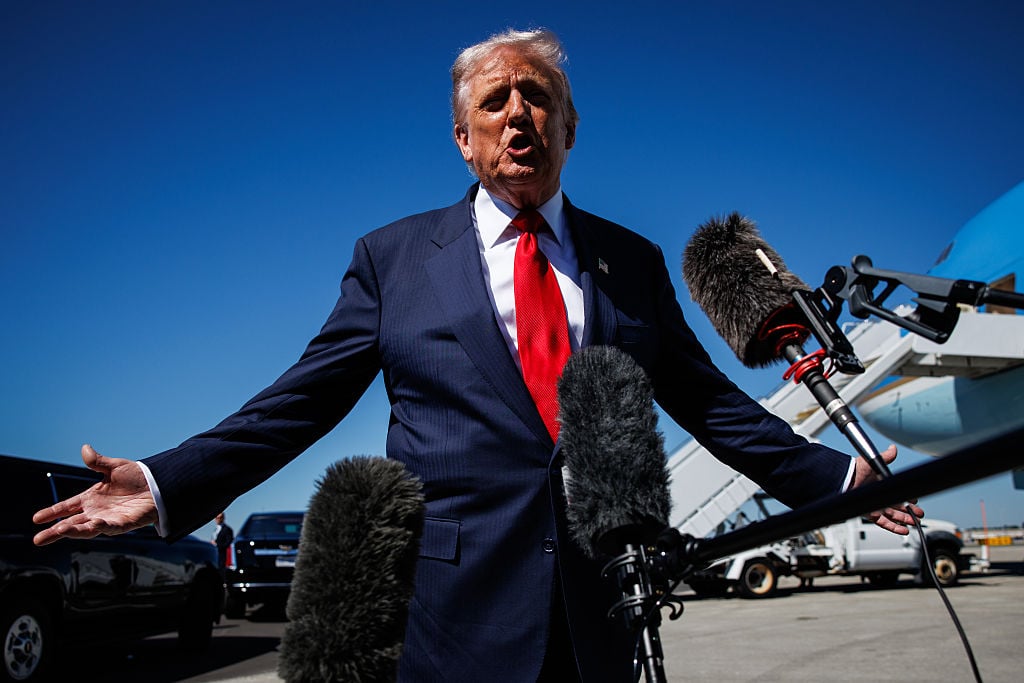
October 2, 2025
The case came about as one of the first cases adhering to the Supreme Court ruling that employees aren’t required to show sustainable damage such as pay cuts, demotions or terminations to pursue federal employment discrimination claims.
A judge ruled in favor of Amazon in a discrimination lawsuit against a former Black employee who accused the company of diminishing her duties and placing her on a performance improvement plan, Reuters reports.
In his ruling, U.S. District Judge Arun Subramanian of New York claimed the plaintiff, former Amazon Music event producer Keesha Anderson, failed to prove the online retailer issued her a poor performance rating as an act of discrimination, in addition to waiting for a woman of Black or Hispanic descent to become her superior before questioning her work. Amazon, however, provided “legitimate, nondiscriminatory reasons” as to why Anderson wasn’t promoted, highlighting the need for a strategist with skills she lacked.
The case arose as one of the first to adhere to the Supreme Court ruling that employees aren’t required to demonstrate sustainable damage, such as pay cuts, demotions, or terminations, to pursue federal employment discrimination claims. But then, in May 2024, the case took a turn when Anderson admitted to deleting conversations with coworkers and managers that had been secretly recorded.
Following, a “whistleblower” who came forward turned out to be the Hispanic manager who was quoted in Anderson’s original complaint, saying things that were never said. Amazon thought it would seal the deal in the case. However, while Judge Subramanian rejected a request to sanction Anderson and her lawyer, he mentioned the conduct “toes the line on what constitutes sanctionable conduct.” “Putting the now-discredited allegations concerning the ‘whistleblower’ to the side, the case paints a picture of a run-of-the-mill workplace, maybe even one with more positivity than usual,” the judge wrote in his decision.
While disappointed in the court’s ruling, Anderson’s lawyer, Jessie Djata, released a statement saying the case is more about equal opportunity from one of the world’s largest companies. “We continue to believe that our client was subjected to discrimination (and) raised important concerns about fairness and equal opportunity at one of the world’s largest companies,” Djata said.
Anderson left Amazon in February 2022 after two and a half years, but before leaving, she claimed the ordeal resulted in her being excluded from meetings and events, having her ideas dumped, and being limited to administrative tasks, before being put on a performance improvement plan based on what was labeled as “trumped up” allegations.
Amazon isn’t new to accusations of discrimination and lawsuits. Disabled employees working for the company at the corporate level have accused the retail conglomerate of engaging in “systemic discrimination” while arguing their requests for accommodations have been denied in “automated” ways, according to The Guardian.
Employees also allege that messages have been repeatedly removed, as well as a petition posted on an employee Slack channel.
RELATED CONTENT: Amazon Hit With $2.5B FTC Smackdown Over Alleged Sneaky Prime Membership Tricks





